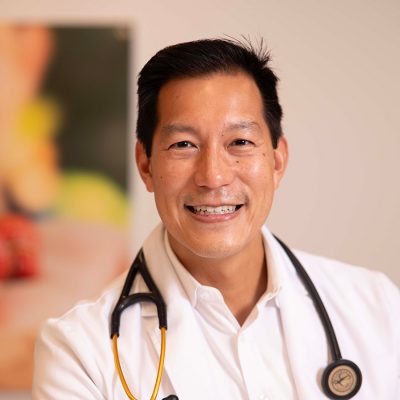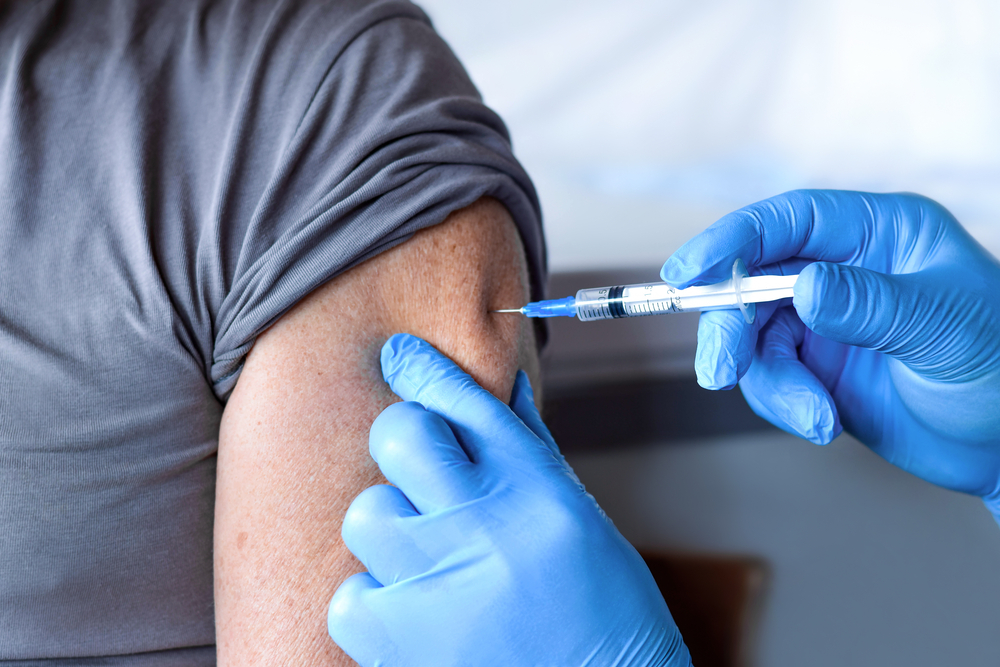Need to see your medical provider to discuss a health concern? Receive a flu shot? Get a checkup?
The current U.S. medical system typically gives you about 15 minutes. Or about the time it takes you to drink your morning coffee and, maybe, scarf down a piece of toast.
This can be a problem for any patient, but particularly those who may be new to this country, have minimal or no medical insurance, speak little English, or have not seen a doctor in months or even years.
This describes the realities of many patients at Open Door Family Medical Center, which is why the federally qualified health center offers “wrap around” or care coordination services to its patients – a bundle of services with origins 20 years ago in support of patients living with HIV.
For patients who are generally healthy or managing non-critical, uncomplicated conditions, this means making sure they understand what the doctor just told them and educating themselves on next steps. For those patients with multiple chronic medical conditions like diabetes, asthma, cancer or heart disease, Open Door provides a personal care manager to accompany them to appointments with their medical specialists. Such services may connect patients to a registered dietitian so they eat better, introduce them to a Spanish-speaking specialist, refer them to services offered by resources in the community (e.g., food pantries, support groups, legal service), or help them fill out the paperwork necessary for them to receive additional medical services.
The Pandemic
The pandemic greatly increased the need for these services at a time when many patients were out of work, lost their medical benefits, and/or found food pantries and other community services closed. Many fell behind in meeting their health care needs.
As a result, patient advocacy services at Open Door, which had been trending up pre-pandemic, soared 27 percent from 2019 to 2021 (accounting for more than 21,500 visits at Open Door’s sites in Ossining, Brewster, Port Chester, Mamaroneck, Sleepy Hollow, Mount Kisco, and Saugerties).
By Definition
“When we talk about ‘wrap around’ services, it’s really about all those things that happen beyond the exam room,” said Executive Vice President of Community Health Andrea Ruggiero at Open Door. “Our patients have really complex lives and it goes beyond health care. It impacts the way they live – the food they eat, where they live, and their mental health. So, if they come in for a flu vaccine, we aren’t just responding to this, but also looking at what’s going on in the context of their lives. Do they have food to eat? Stable housing? Are there other barriers they face to getting good health care?”
When Ruggiero first arrived at Open Door 19 years ago, HIV case managers were already in place. “We saw that our patients were having a positive experience,” she said. “They were taking their medication, showing up for appointments, engaging actively in their care. So, we decided to replicate it.” This has grown over the years to include a team consisting of care managers, patient advocates and navigators, wellness coordinators and digital literacy specialists.
For one patient, it now means working with an Open Door registered dietitian to lose a significant amount of weight. For another, it’s about getting a clean bill of health after a breast cancer scare. For a third, it’s to help with their struggles with anxiety and depression caused by the pandemic.
Karen Mandel, Open Door’s Senior Director of Community Health explains, “Our patients have multiple stressors in their lives. Some are undocumented immigrants, some are recent arrivals, some are low income, and some have little or no insurance. These are all things that automatically set them back when it comes to managing their health care. Our programs in community health are designed to help the patient follow through on what went on in their medical visit so they can maximize the value of the medical provider’s time. Without these services, the patient, by and large, would not be able to take those next steps.”
Taking Care of Basic Needs
“The thinking behind this,” said Mandel, “is that without having the basic needs of life taken care of – food, shelter, safety, clothing – being able to take care of one’s diabetes, or getting the necessary prenatal or dental care, or educating them on the benefits and availability of wellness programs, is impossible.”
“Our patient advocates do an assessment, design a care plan, and provide education,” said Ruggiero. “If the patient is not really comprehending diabetes or how it affects them short-or long-term, the patient advocate engages them so they become more invested in their care. It’s about ongoing communication, providing knowledge and making sure it gets retained. It means supporting them physically and mentally.”
“We want patients to become proactive in their health care. Our patient advocates find that patients tend to be very engageable because we’re building trust and making a huge difference in their overall well-being, and doing so in a culturally and linguistically appropriate way.”




